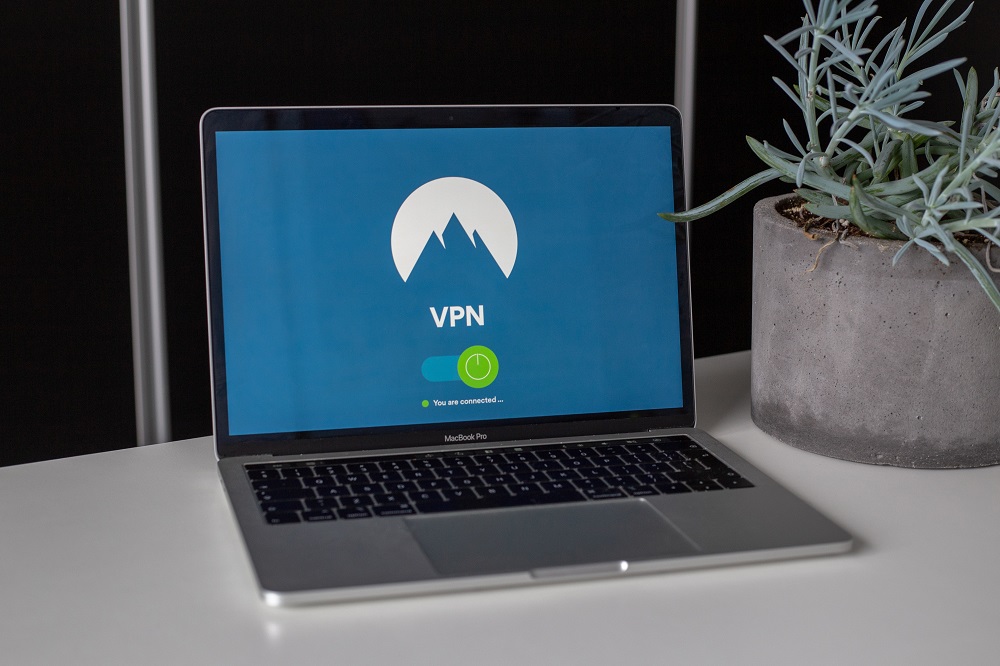
A proxy server is a server that acts as an intermediary between your device and the internet. It allows you to access the internet using an IP address that is different from your own. This raises the question: does a proxy server change your IP address?
The answer is yes and no. It depends on the type of proxy server you are using and how it is configured.
When you connect to a proxy server, your internet traffic is routed through the server before it reaches the destination website. The website sees the IP address of the proxy server, not your own IP address. This allows you to hide your IP address from the website you are accessing.
However, not all proxy servers will change your IP address. Some proxy servers are configured to simply relay your internet traffic to the destination website, without changing your IP address. These are known as “transparent” proxies, and they are often used by businesses to monitor and control their employees’ internet usage.
On the other hand, “anonymous” and “elite” proxies are designed to hide your IP address from the websites you visit. These types of proxies will typically change your IP address to one that is different from your own. This can help to protect your privacy and allow you to access websites that may be blocked in your region.
It’s important to note that while a proxy server can change your IP address, it does not provide complete anonymity. The website you are accessing can still see information about your device, such as your browser type and operating system. In addition, some websites and services may use more advanced methods to identify and track users, such as browser fingerprinting or tracking cookies.
In some cases, using a proxy server may actually make you more identifiable. This can happen if the proxy server you are using is associated with a particular group or organization, or if it is known to be used by a particular type of user. For example, if you use a proxy server that is commonly used by hackers or spammers, you may be more likely to be flagged as suspicious by websites and services.
In conclusion, a proxy server can change your IP address, but it depends on the type of proxy server you are using and how it is configured. Anonymous and elite proxies are designed to hide your IP address from websites, while transparent proxies simply relay your internet traffic without changing your IP address. It’s important to remember that using a proxy server does not provide complete anonymity, and you should take other steps to protect your privacy and security online.





